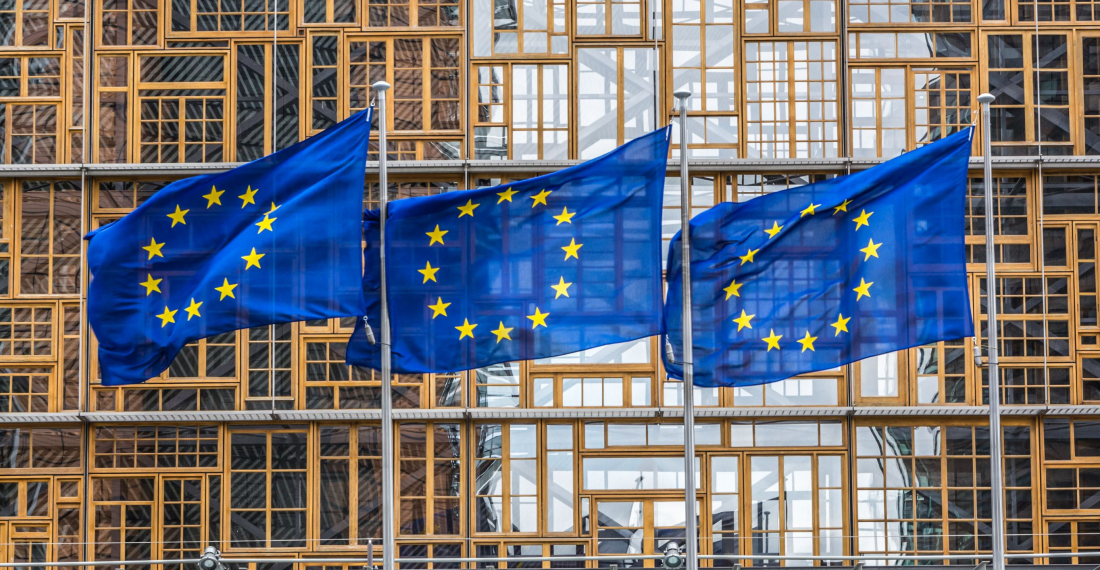The European Union is going to impose new additional sanctions against Russia. This was decided by the 27 European Ministers of Foreign Affairs during the night from Wednesday to Thursday (22 September). The additional sanctions have not yet been worked out, but should hit both responsible individuals and key sectors of the Russian economy. Furthermore, the EU says it intends to supply additional arms to Ukraine.
The measures are in response to the partial mobilisation of the Russian army. Russian President, Vladimir Putin, declared this in a pre-recorded televised speech on Wednesday (21 September). After the speech, EU High Representative Josep Borrell summoned the 27 European ministers, all gathered in New York for the United Nations General Assembly, for an informal emergency meeting. In New York, according to Borrell, they expressed "unanimous" support for additional measures.
The new round of additional sanctions constitutes the eighth sanctions package through which the EU is punishing Russia for the war in Ukraine and hopes to weaken it.






